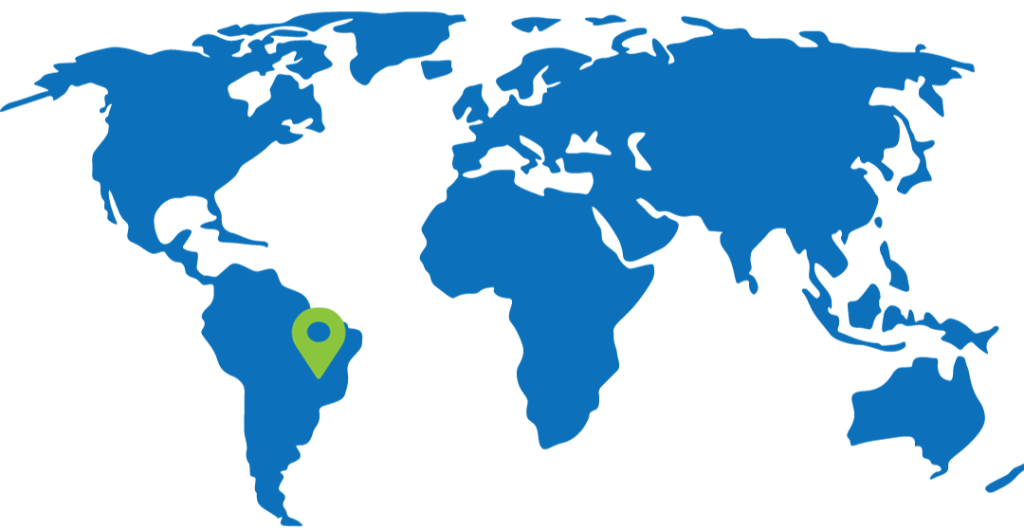On July 28, Brazil’s National Telecommunications Agency (Anatel) launched Public Consultation No. 27/2025 to revise the certification and approval requirements for Personal Mobile Service (SMP) signal boosters. The proposal, available for public input for 70 days, aims to modernize the regulatory framework, align it with international practices, and address industry demandwhile ensuring continued protection of radio spectrum from harmful interference.

Introduction of Broadband Signal Boosters
The primary regulatory shift under consideration is the authorization of broadband signal boosters. Currently, Anatel only certifies selective boosters, which operate in individual sub-frequency bands and support a single provider at a time. Under the new proposal, broadband boosters would be able to:
Amplify multiple sub-frequency bands simultaneously
Support multiple SMP providers within the same coverage area
This change is intended to increase device versatility and promote more efficient signal distribution.
Alignment with International Standards
The proposal mirrors approaches adopted by leading regulators such as the FCC in the United States and Ofcom in the United Kingdom. These agencies allow broadband boosters under the condition that equipment includes robust self-monitoring functions. According to Anatel, such measures have significantly reduced interference in those markets.
Mandatory Self-Monitoring Features
To address concerns around interference often caused by misuse or poor-quality equipment the draft regulation mandates self-regulation mechanisms that respond dynamically to performance issues:
Anti-oscillation: Detects and shuts down the booster if it begins re-amplifying its own signal, preventing feedback loops that cause strong interference.
Automatic Gain Control (AGC): Adjusts amplification strength in real-time to avoid overloading mobile networks.
Uplink Inactivity: Puts the transmitter into standby mode when no devices are connected, reducing unnecessary spectrum use.
Automatic Shutdown: Turns off the booster if it cannot operate within safe technical parameters, eliminating the risk of it becoming a source of interference.
These technical safeguards are intended to ensure reliable operation and minimize disruptions to telecommunications services.
Anatel invites manufacturers, service providers, and the general public to review and provide feedback on the proposed certification rules via its Participa platform. The consultation will remain open for 70 days from publication in the Official Gazette of the Union.
For this article’s source information and any product certification guidance, please contact Global Validity.
Quick Country Facts
Brazil
Certification Body: Agencia Nacional de Telecomunicaciones (ANATEL)
Certification Type: Mandatory
License Validity: 24/36 Months
Application Language: Portuguese
Legal License Holder: Local Representative
In-Country Testing Requirement: In-Country Testing
The regulatory information above is based on radio type approval certification. Access additional certification requirements in over 200 countries and territories with Global Validity’s free proprietary product certification management software, Access Manager. Learn more about the platform here or fill our quick contact form!
Global Validity is your partner for global certification success
Want to learn more about regulatory compliance and how we can help? Simply fill out the form below and we’ll be in touch!
